Impromptu debate marks end of inaugural Festival week
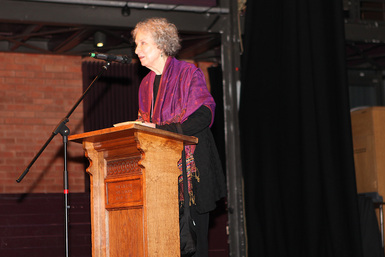 Margaret Atwood at The Norfolk Festival of Nature photo: Adam Shawyer
Margaret Atwood at The Norfolk Festival of Nature photo: Adam Shawyer Mark Cocker had been speaking on the final day of the inaugural week of the Festival. It is to be a year-round celebration of nature in the cultural life of the county, and of the country. Starting with a week of literary, musical, visual and scientific exploration hosted by Gresham’s School, Holt, Festival events will tour the county hosted by organisations as diverse as the Norfolk Wildlife Trust, National Trust, RSPB, Writers’ Centre Norwich and Waveney and Blyth Arts. The list of collaborators is expected to grow.
As Cocker spoke, his words were accompanied by a poignant exhibition of his own photographs, alphabetically cataloguing more than fifty lost nature words: acorn, adder, bluebell, catkin....kingfisher, lark, magpie, newt, otter, poppy....
He then invited renowned Canadian novelist and Atwood’s partner, Graeme Gibson to respond. His focus was on the need to ensure children grow up with a love and understanding of the countryside, before they become a generation of uncomprehending adults. Margaret Atwood then reminded us of the interconnectedness of nature and human wellbeing; our dependence on the health of the oceans; and the fact that birds, in travelling the globe, give us “an overview of the entire web of life.” Atwood, Gibson and Cocker are among 28 literary figures to have written to Oxford University Press in support of the #naturewords campaign.
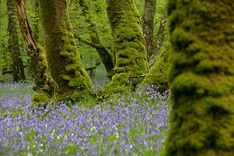 Bluebell - an unimaginable omission
Bluebell - an unimaginable omission Atwood and Cocker both saw acorn as having the strongest symbolism – the seed of mighty oak trees, with their great cultural significance; Cormack felt it was unimaginable to omit Britain’s most popular flower, the bluebell. Graeme Gibson, however, declared himself unwilling even to consider the question; for him, it wasn’t about trading odd words, but (he explained to me afterwards) about safeguarding nature literacy.
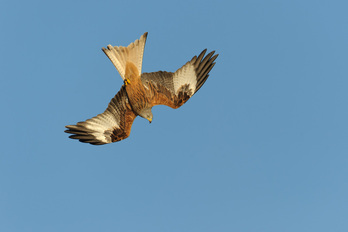
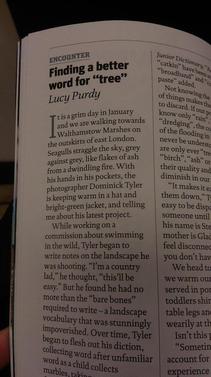
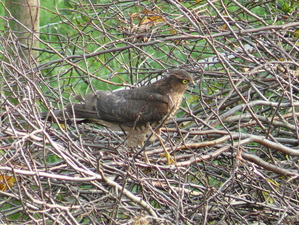
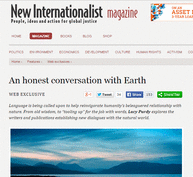
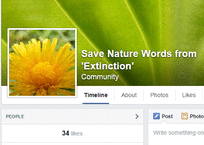
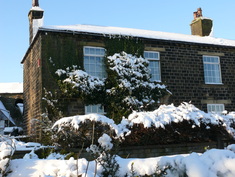
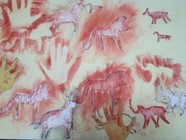
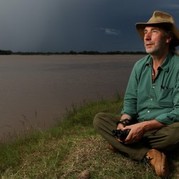
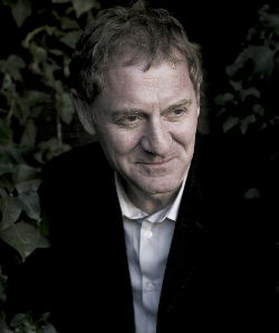
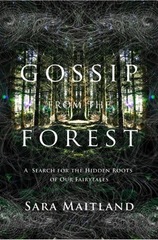
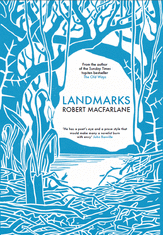
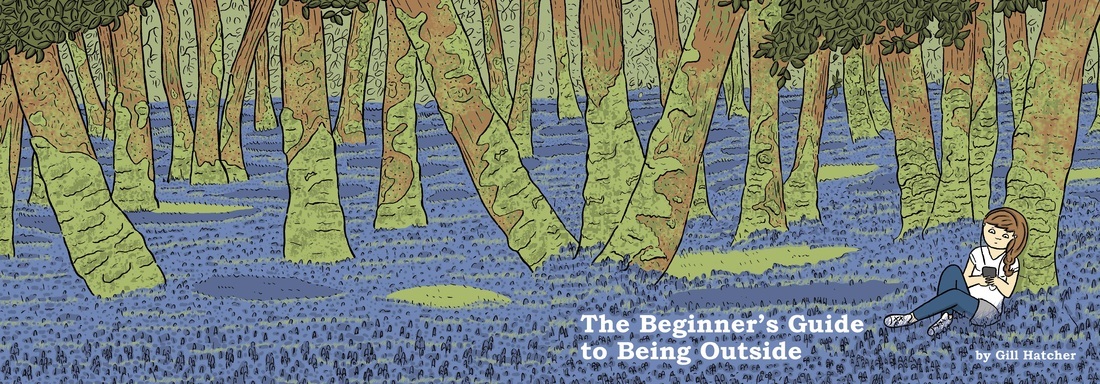
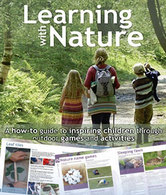
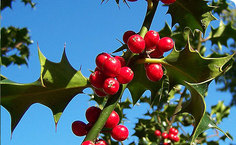
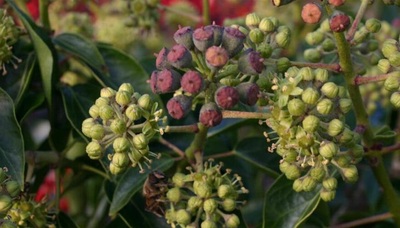
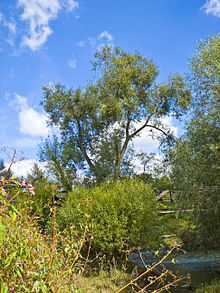
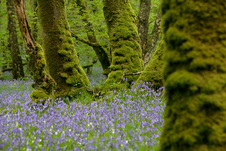
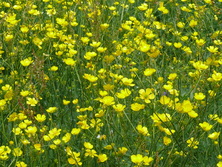
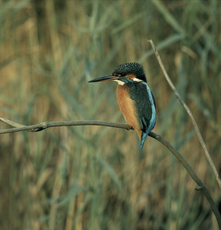
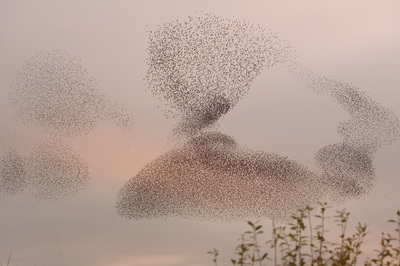
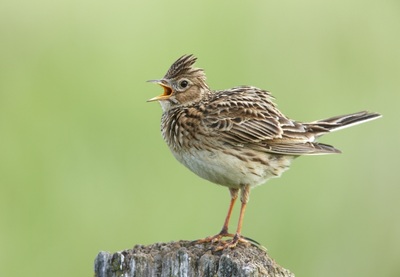
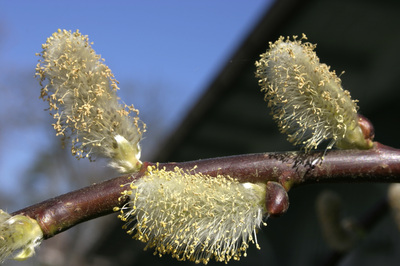
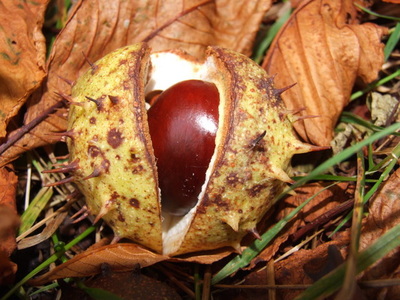
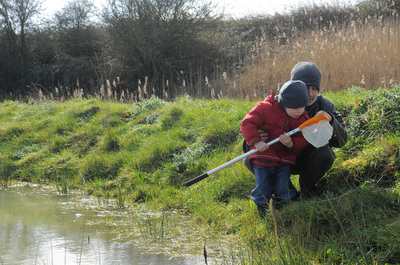
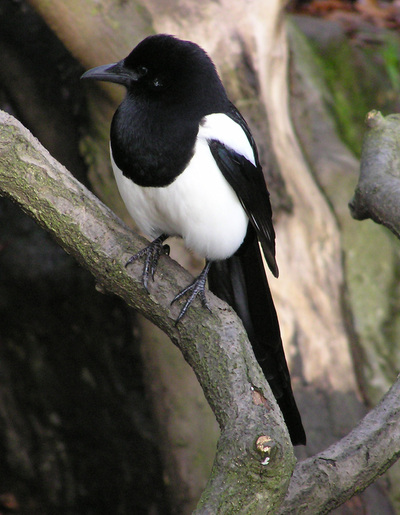
 RSS Feed
RSS Feed
